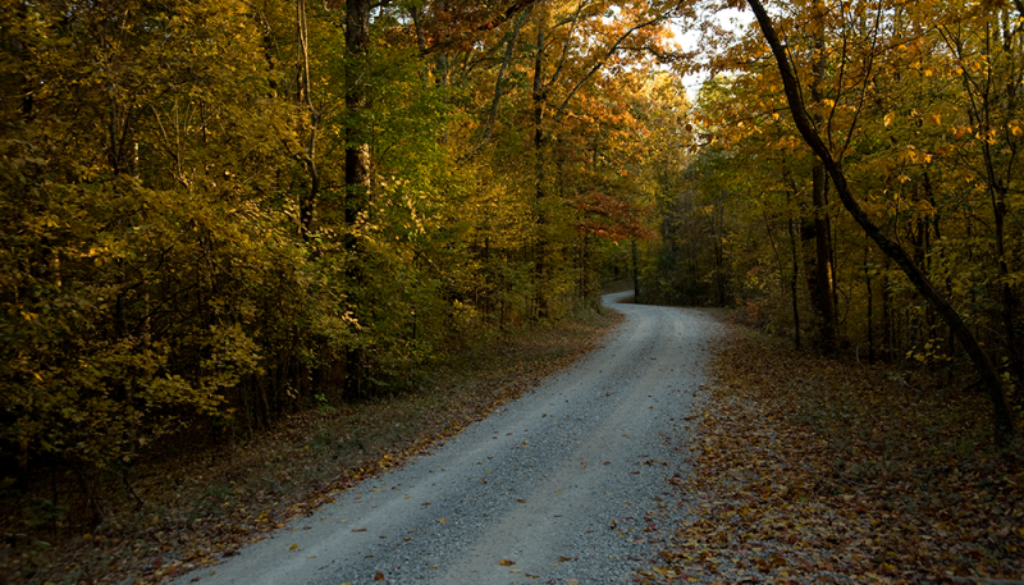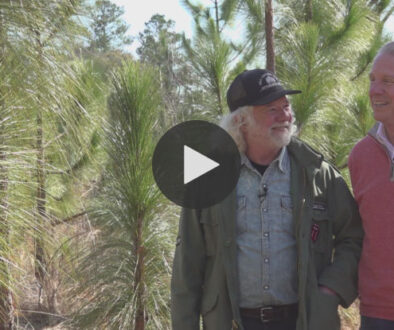OPINION | BRUCE WESTERMAN AND PETER MACKEITH: Trees are the answer
Anyone who lives in the Natural State knows that Arkansas is one of the nation’s greatest forest regions, and one of the country’s leading producers of timber, harvesting more than 24 million tons per year, worth an estimated $445 million to landowners.
What the U.S. doesn’t fully know yet, however, is how Arkansas’ forests, timber and wood products are changing the discussion surrounding the environment forever.
A healthy environment and a strong economy are not mutually exclusive. Empowering our economy to create a thriving market for timber and wood products, based upon wise stewardship of our forests, will enable a new avenue to promote a clean environment, one that has not yet been utilized.
Trees are a sustainable, abundant resource naturally comprised of about 50 percent carbon by dry weight, and one which can significantly offset man-made carbon emissions. Once carbon is stored in a tree, even if that tree is cut down and used in timber products, it will continue storing that carbon indefinitely. From your kitchen table to the beams of your house, wood is storing carbon all around us, day in and day out.
Arkansas’ forests are demonstrably healthy and in fact, in a remarkable surplus growth status: We have the opportunity to expand the use of wood as a renewable resource. Indeed, Arkansas is leading the charge to enable this growing market.
One relatively new form of lumber usage is what’s known as “cross-laminated timber,” or CLT. The innovative product is made by gluing sawn pieces of lumber together into massive wood panels that can be cut into any size and shape, and used as structure and enclosure in a building—think of it as “super-plywood.” By researching the benefits of CLT, the University of Arkansas paved the way for it to become a mainstream, code-certified building material. In Bentonville, Walmart is employing CLT for its brand-new headquarters campus, which will span 350 acres and store millions of pounds of carbon once completed. It’s also sourcing the timber from right here in Arkansas, through a new manufacturing facility in Conway.
This week, the bipartisan Trillion Trees Act of 2021 was reintroduced to the 117th Congress to make the United States a global leader of the One Trillion Trees Initiative. In a nutshell, this bill aims to grow more trees, use more wood, and store more carbon, all with an emphasis on sustainable management and wise stewardship of the forests. Studies show that planting 1 trillion new trees globally would sequester 205 gigatons of carbon, an amount equivalent to two-thirds of all man-made emissions since the beginning of the Industrial Revolution.
The timber grown in this initiative has untold potential to benefit both the economy and the climate. The Trillion Trees Act will motivate people to use wood as a renewable resource through sustainable building tax credits, incentivize the growth of more trees on the land currently utilized, and create new markets for timber. The healthier we can make our timber markets, the healthier our forests will be, and the healthier we can make our overall quality of life.
A clean environment and a healthy economy go hand in hand. The American marketplace, at its best, has long been the driving force for sustainable solutions, and solving environmental issues will be no different. Amid the many important challenges we face as a nation, it is bipartisan solutions such as the Trillion Trees Act, and the support for CLT and other wood products by the combined efforts of the business, university and forestry sectors, that will yield the results necessary to ensure a clean environment without compromising the economy.
As legendary Arkansas state forester Joe Fox says, “Trees are the answer. What’s your question?”
—––––– –––––—
U.S. Rep. Bruce Westerman, who represents Arkansas’ 4th District, is the ranking member on the House Natural Resources Committee. Peter MacKeith is dean of the University of Arkansas Fay Jones School of Architecture and Design.




